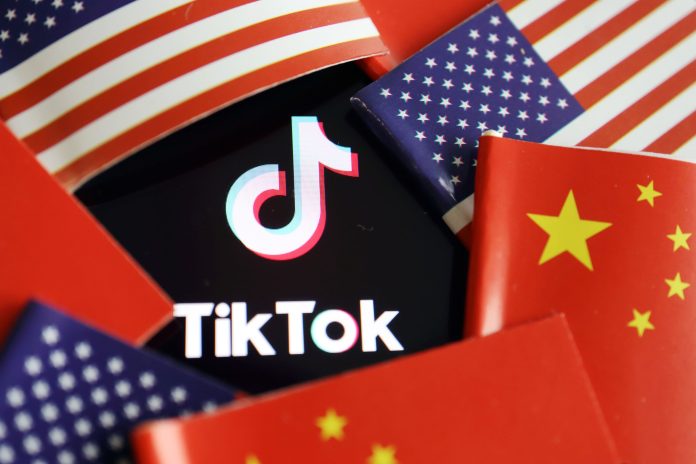
China restricts social media time to 40 minutes a day while Western children face rampant addiction – French neurologist.
While Western children’s lives and academic potential are being destroyed through social media use and nearly unlimited screen time, China is actively restricting TikTok and other social media platforms to benefit the development of their children, according to French neurologist and author Michel Desmurget.
“You can already see a significant difference between OECD countries and Asian countries. When China joined the Pisa program in 2009, which tests children’s abilities, it was a real electric shock for the West,” he said in an interview with one of Germany’s top newspapers, Die Welt. “Even Barack Obama spoke of a Sputnik effect, referring to the trauma Americans experienced when the Russians sent the first satellite into space before they did. That’s exactly what then drove the United States to create NASA and launch massive space programs.”
Desmurget said the evidence shows that children in the West are suffering dramatic intellectual impairment due to excessive social media use and screen time, but also, in part, because of often damaging social norms.
“The impact on language skills is staggering. And there are also direct consequences, for example, on the ability to concentrate, since these networks represent a permanent sensory load. At the same time, they are gigantic platforms that create social norms and put terrible pressure on young people.
The platforms play with such mechanisms and use them to control us. In addition, the networks make us allow ourselves to be distracted; they are the purest machines for structuring distractions in our brain. And then you boast that today’s youth react faster and more strongly to events around them, without realizing that this means the end of real attention.”
Desmurget said that Chinese control of social media platforms like TikTok has been directly beneficial to their children, and this development could have enormous implications for the future, including geopolitical consequences due to a weakening of the West’s economic and intellectual capacity.
“Social media is largely responsible for this (disparity in Pisa test results), at a time when China is rigorously controlling their use. The Chinese government limits the use of TikTok, which operates under the name Douyin there, to 40 minutes per day, and the time for video games for teenagers has also been drastically reduced.”
“Our European children, on the other hand, sit in front of screens for seven to eight hours a day.
The TikTok version that we know here in the West has no restrictions whatsoever, either in terms of content or time of use.”
He also said that one of the more sinister elements of the situation regarding children and social media in the West is the number of claims that screen time and social media are actually healthy for children.
“We are constantly presented with the positive aspects of these networks, but compared to the damage they cause, they are just a small drop of water in the ocean. Tobacco, for example, has the positive effect of losing weight, but nobody is stupid enough to recommend it,” he said.
The Chinese have also been open about the fact that their efforts to restrict screen time are made to protect children.
“A Chinese officer was asked why they were limiting the time spent on video games and social media — they risked neglecting the technology sector. He simply said: ‘Children are the future of our nation’,” said the French neurologist.
READ ALSO: Russia renews attacks as it plays down West’s supply of tanks to Ukraine
Although China could be blamed for marketing TIkTok to children and teens, the reality is that social media was already an addiction before TikTok hit the market in the U.S. and other Western countries. Western governments, for example, have never restricted the usage of video games, Facebook, Instagram, or smartphones in the past, nor have they done much to advertise the dangers of excessive screen time.
Asked whether the West should follow the Chinese example and place restrictions on the likes of TikTok, Desmurget said, “I don’t know whether France should also introduce such measures, I’ve never actually been in favor of coercive measures. But we should first put an end to this kind of lobbyist drum fire, this massive misinformation on these issues that people are constantly inundated with, trying to make them believe that children are made much more intelligent through video games and social networks and that they achieve better cognitive performance, and this despite the fact that all studies prove the opposite.”
Desmurget’s main field of research is the effect of digital media on cognitive processes. He is the author of “Screen Damage: The Dangers of Digital Media for Children,” a book released last year documenting the hazards facing children due to excessive screen time. In the description of the book, Desmurget outlines the issue facing children in the West:
“All forms of recreational digital consumption – whether on smartphones, tablets, game consoles or TVs – have skyrocketed in the younger generations. From the age of two, children in the West clock up more than 2.5 hours of screen time a day; by the time they reach 13, it’s more than seven hours a day. Added up over the first 18 years of life, this is the equivalent of almost 30 school years, or 15 years of full-time employment.”












